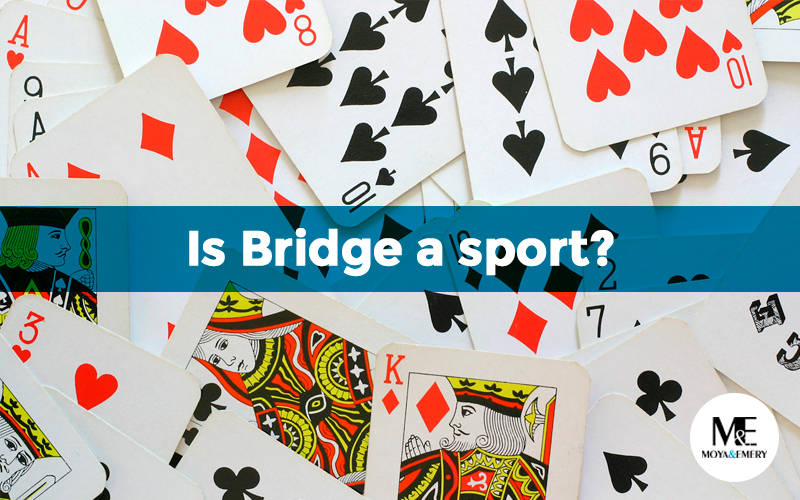The bridge is a card game that is played in pairs and with a French deck. Although it may seem simple to at first, the auction system can be somewhat complex. This difficulty makes it interesting for players to sharpen their wits and compete in tournaments to see which pair is the best.
The bridge is considered as an Olympic sport according to the International Olympic Committee, and although it does not participate in the Olympic Games it has the same category as golf, squash, karate, chess or rugby.
So … if I win a bridge’s tournament, can I benefit from the VAT exemption?
The CJEU believes that is not possible and has given the reason to the British justice when considering that the bridge is not a sport, alleging in addition that to be, it would be necessary, at least, a significant physical component, without sufficing to have a significant mental component. The CJEU does not dispute that this card game is a beneficial activity for physical and mental health, but clarifies that it’s no reason for considered a «sport».
The judgment clarifies that in the absence of a definition of the concept of «sport» in the VAT Directive, its meaning and scope should be made in the usual sense of the current language and the context in which it is used should also be taken into account. In addition, VAT exemptions should be interpreted restrictively, simply because they are exceptions. This argument reinforces the thesis that when it comes to exemptions with respect to «sport», the Directive is being limited to activities that respond to the usual sense of the term, in which the physical component has a great importance.
The exemptions are intended to favour certain activities of general interest, so they can’t be applied to all activities of general interest, that’s why the exceptions are listed and described in a very detailed, especially in what they are related to the practice of sports or physical education.
Therefore, the CJEU states that for the purpose of the VAT Directive, an activity such bridge is not a sport because it is characterized by a physical component that is insignificant. This does not mean that this type of activities with an insignificant physical component cannot be considered as «cultural services», leaving it up to the member states to determine what kind of cultural services will be exempt.

